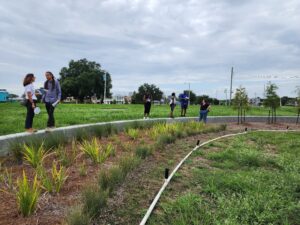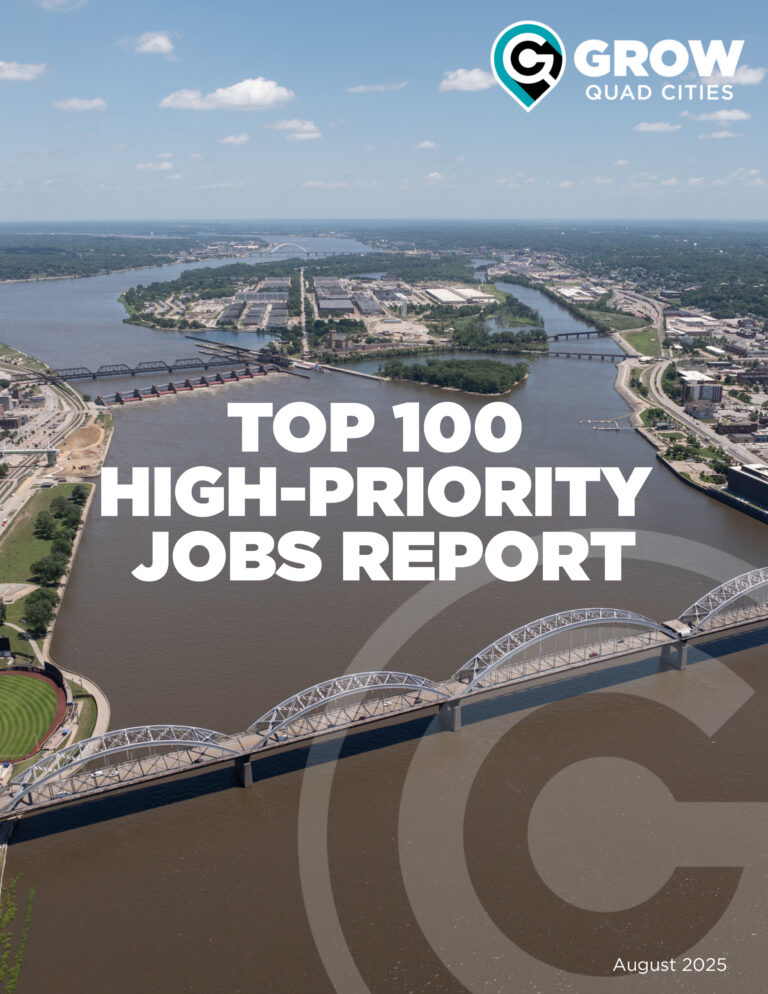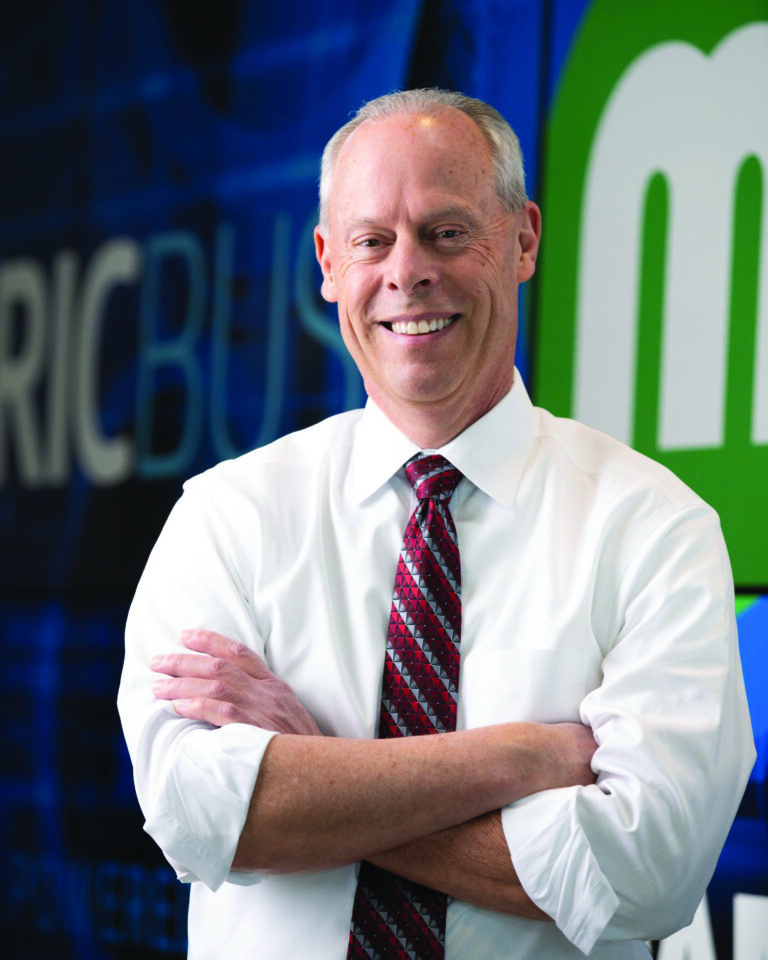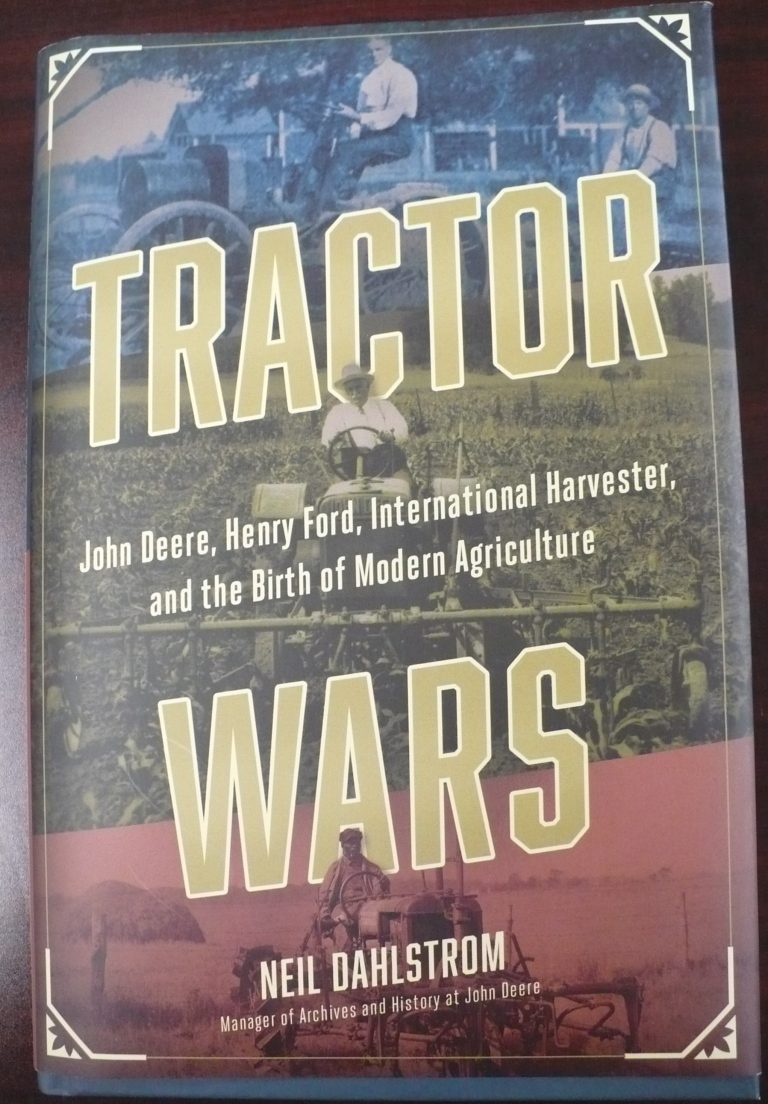Armed with a $637,000 investment by the Walton Family Foundation (WFF), the new Clean River Advisory Council (CRAC) is readying to craft a better vision for the Mississippi River and fund projects to help make it happen.
CRAC (pronounced “see-rack”) was designed to bring together local environmental experts and river enthusiasts from the Quad Cities community. Those leaders, with the support of the Quad Cities Community Foundation and Iman Consulting, will create an inclusive vision for the future of the river. Then, in the year to come, it will identify and finance projects that enhance water quality, create natural infrastructure to mitigate flooding, and increase community engagement.
In a news release announcing the grant, the Community Foundation reminded Quad Citians that the Mississippi is more than 2,300 miles long and the only place it runs east-to-west is the Quad Cities. “In other words, the Quad Cities is comfortable moving in an unexpected direction,” the foundation said.
“We know that historically, many environmental projects — even successful ones — have not been inclusive enough,” Kelly Thompson, the foundation’s vice president of grantmaking and community initiatives, said in the release. “To improve the river and to improve the communities along it, that needs to change. We have to include everyone.”
A key component of CRAC’s mission is funding and on Friday, Sept. 15, the Quad Cities Community Foundation’s website will begin taking applications for river and river engagement improvements. Prior to that date, however, interested applicants can preview application requirements and other information here.

Organizations addressing environmental challenges or strengthening community relationships are urged to apply. “The next phase will translate this advisory group’s vision into community action,” Ms. Thompson said. “The Community Foundation and CRAC are here to support applicants throughout the entire process.”
As for the council that will be doing the visioning, it includes 11 local environmental experts and community river enthusiasts and was created in partnership with the WFF Mississippi River Initiative.
Who is CRAC?
The council members are:
- Brian Baxter, Quad City Symphony Orchestra.
- Dedric Bland, U.S. Army Corp of Engineers Rock Island District.
- Janessa Calderon, Greater Quad Cities Hispanic Chamber of Commerce.
- Justina Crawford, Saint Ambrose University.
- Tre’Chiondria Lathan, Rock Island-Milan School District No. 41.
- Kelsi Massengale, Nahant Marsh Education Center.
- Sergio Mendoza, Eastern Iowa Community College.
- Daisy Moran, Augustana College.
- Andy Parer, City of Moline.
- Richard Stewart, Rock Island County Soil and Water Conservation District.
- Roger Viadero, Western Illinois University – Macomb.
“At first, I didn’t see how I could contribute or what I would add,” said Ms. Lathan, a CRAC member, trauma-informed education specialist, yoga instructor and teacher in the Rock Island-Milan School District. “But I was drawn to this experiment. It’s pushed me out of my comfort zone, and my perspective is now helping envision the future of the river and this community.”
Added Bre’Anna Brooks, program officer at WFF, “The people closest to the issues are the people closest to the solutions. The Quad Cities has a diverse community, versatile river, and a robust nonprofit and environmental sector. We see it as the perfect home for this project.”
CRAC elevates voices
WFF works with communities and organizations in the Mississippi River Basin to protect water resources so that nature and people can thrive together. WFF’s $637,000 contribution over two years created CRAC and will support joint efforts by diverse partners and elevate the voices of the people working to improve the health of the river and its water.
Iman Consulting was brought in early to help develop CRAC. “We want everyone in the room to be the most authentic version of themselves,” said Iman CEO LaDrina Wilson, the project’s lead facilitator. “That requires a safe space, it requires relationship building, and it requires sincere buy-in from everyone. Setting that level was the first step for the council.”
Added Andy Parer, environmental manager for the City of Moline and a CRAC member: “We took the time to get to know each other and to learn how to talk together. It’s not about finding the quickest solution; it’s about working in a positive way that’s going to make lasting change.”
Sue Hafkemeyer, the Community Foundation president and CEO, said: “The project has inclusion at its center. That means racial and ethnic diversity, gender diversity, and a diversity of backgrounds and perspectives. The project is going to succeed because it’s bringing people together who might never be in the same room otherwise.”
Information gathering key
Support from the Community Foundation and Iman Consulting also has enabled community river enthusiasts and established environmental experts to sit and learn together.
For example, Ms. Lathan was part of a team that traveled to New Orleans in 2023 for a site visit, according to the release. “It was powerful to think about what was happening on the river downstream,” she said. “And it informed our timeline. Many of the projects they’ve done have taken 10 or more years to fully develop. We have to be in it for the long haul.”
Mr. Parer joined a second group that traveled upstream to St. Paul. “Our challenges here are not wholly unique,” he said. “Thinking of the river in its entirety, we have partners across the country we can learn from and collaborate with.”
In the long term, CRAC’s visioning also will include a broader perspective on sustainability and environmental well-being than ever before. “It’s not just clean water,” added Ms. Wilson. “This is a unique opportunity to create a community vision for the river. One that includes everyone.”
Organizers warn, however, that this is just the beginning of a complication process.
“Thinking 10, 20, 50 years ahead, I imagine a cleaner river and a healthier, more engaged community,” said Ms. Lathan. “Everyone will have a seat at the table.”
The Community Foundation said it welcomes questions and feedback on the program and the application, especially from organizations that prioritize under-represented groups in the environmental sector. Contact it at [email protected] or (563) 326-2840.







